Distinguished friends
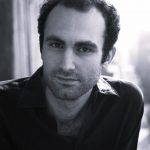 Khalid Abdalla
Khalid Abdalla Maria Adebowale-Schwarte
Maria Adebowale-Schwarte Sukhpal Singh Ahluwalia
Sukhpal Singh Ahluwalia Rajesh Agrawal
Rajesh Agrawal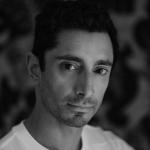 Riz Ahmed
Riz Ahmed Sughra Ahmed
Sughra Ahmed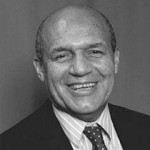 Keith Ajegbo
Keith Ajegbo Claire Alexander
Claire Alexander Kitty Arie
Kitty Arie Julian Baggini
Julian Baggini Zelda Baveystock
Zelda Baveystock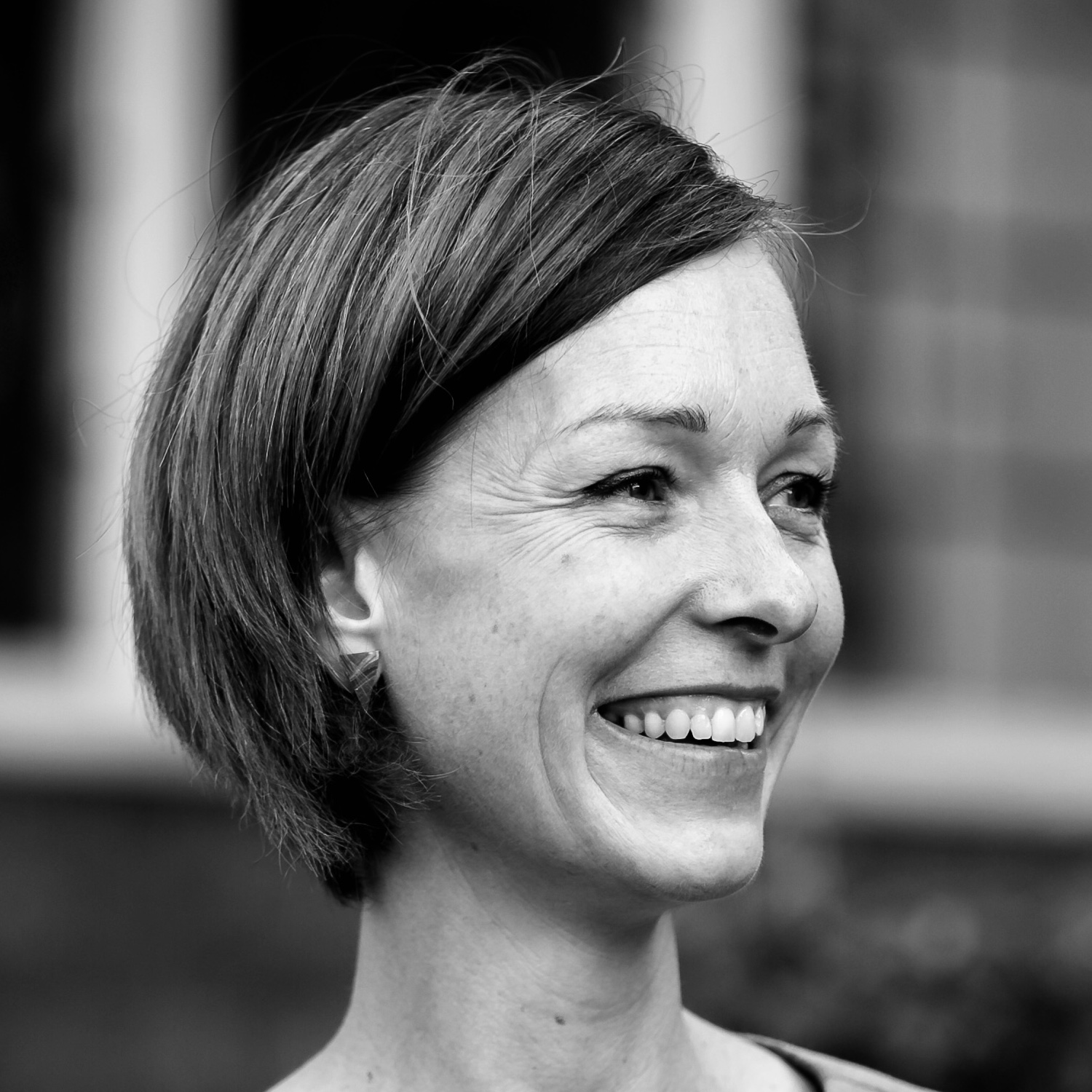 Haidee Bell
Haidee Bell Richard Beswick
Richard Beswick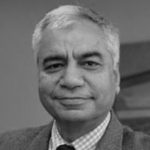 Dinesh Bhugra
Dinesh Bhugra Karan Bilimoria
Karan Bilimoria Geoffrey Bindman
Geoffrey Bindman Karen Blackett
Karen Blackett Nicholas Blake
Nicholas Blake Ian Blatchford
Ian Blatchford David Blunkett
David Blunkett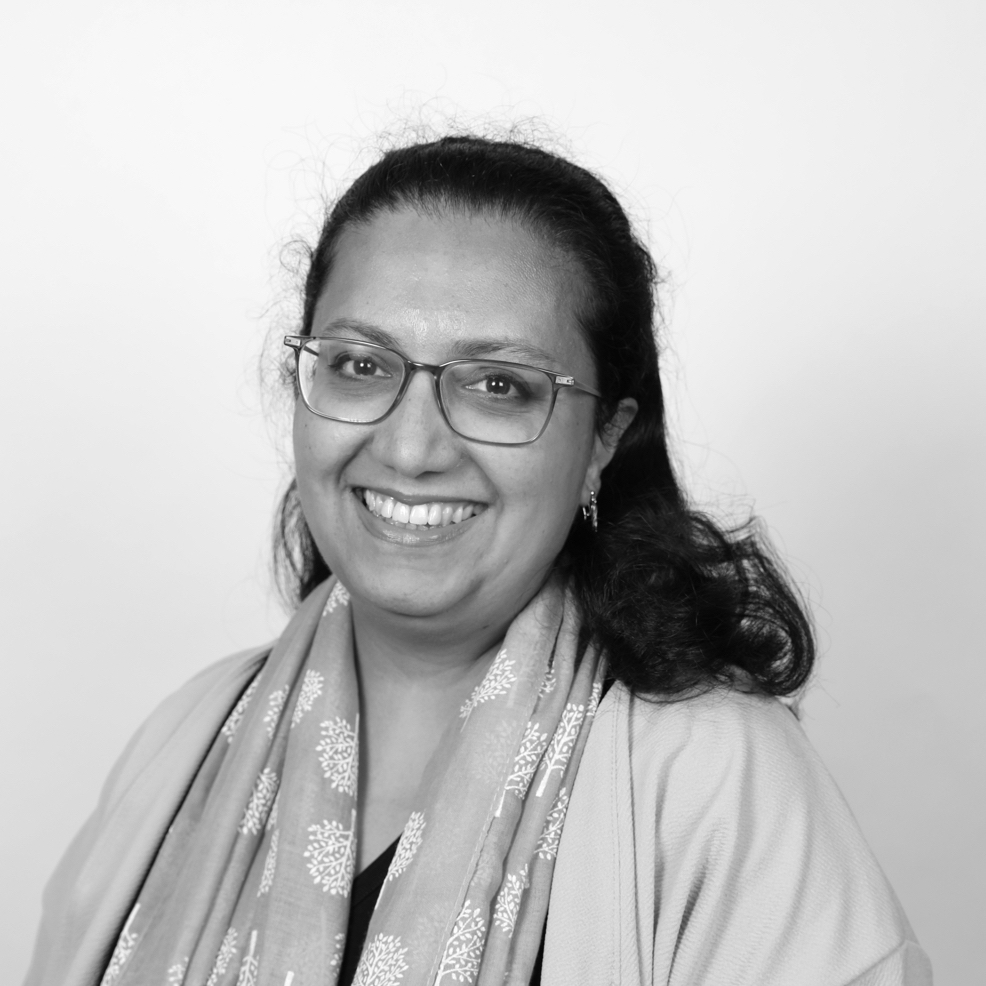 Hina Bokhari
Hina Bokhari Mihir Bose
Mihir Bose Alain de Botton
Alain de Botton John Bowers
John Bowers Stephen Briganti
Stephen Briganti Des Browne
Des Browne Mukti Jain Campion
Mukti Jain Campion Paul Canoville
Paul Canoville Gus Casely-Hayford
Gus Casely-Hayford Michael Cashman
Michael Cashman Saimo Chahal
Saimo Chahal Reeta Chakrabarti
Reeta Chakrabarti Shami Chakrabarti
Shami Chakrabarti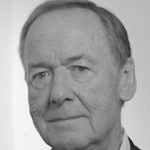 Stephen Claypole
Stephen Claypole Robin Cohen
Robin Cohen Linda Colley
Linda Colley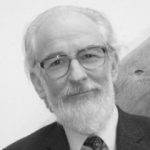 David Crystal
David Crystal Angélica Dass
Angélica Dass Prakash Daswani
Prakash Daswani Sandie Dawe
Sandie Dawe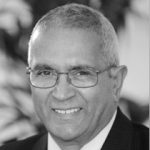 Navnit Dholakia
Navnit Dholakia Sherry Dobbin
Sherry Dobbin Ibrahim Dogus
Ibrahim Dogus Lloyd Dorfman
Lloyd Dorfman Alf Dubs
Alf Dubs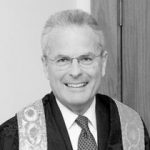 John Dyson
John Dyson Damien Egan
Damien Egan Graeme Farrow
Graeme Farrow Daniel Franklin
Daniel Franklin Edie Friedman
Edie Friedman Jitesh Gadhia
Jitesh Gadhia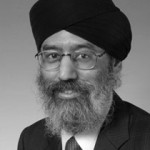 Manjit Singh Gill
Manjit Singh Gill Teresa Graham
Teresa Graham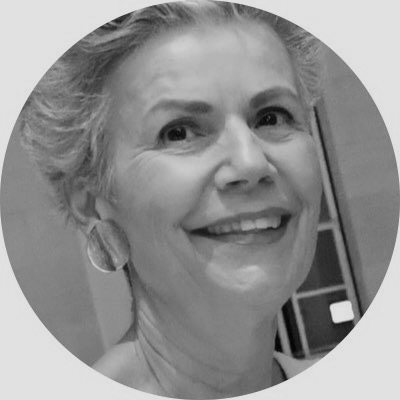 Ann Grant
Ann Grant Susie Harries
Susie Harries Naomie Harris
Naomie Harris James Hathaway
James Hathaway David Hencke
David Hencke Sophie Herxheimer
Sophie Herxheimer Afua Hirsch
Afua Hirsch Michael Howard
Michael Howard Clive Jacobs
Clive Jacobs Kevin Jennings
Kevin Jennings Adrian Johns
Adrian Johns Shobu Kapoor
Shobu Kapoor Malik Karim
Malik Karim Jackie Kay
Jackie Kay Ayub Khan-Din
Ayub Khan-Din Francesca Klug
Francesca Klug Tony Kushner
Tony Kushner Kwasi Kwarteng
Kwasi Kwarteng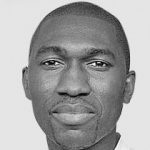 Kwame Kwei-Armah
Kwame Kwei-Armah David Kynaston
David Kynaston Brian Lambkin
Brian Lambkin Mark Lewisohn
Mark Lewisohn Joanna Lumley
Joanna Lumley Michael Mansfield
Michael Mansfield Sue McAlpine
Sue McAlpine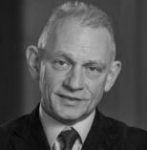 Neil Mendoza
Neil Mendoza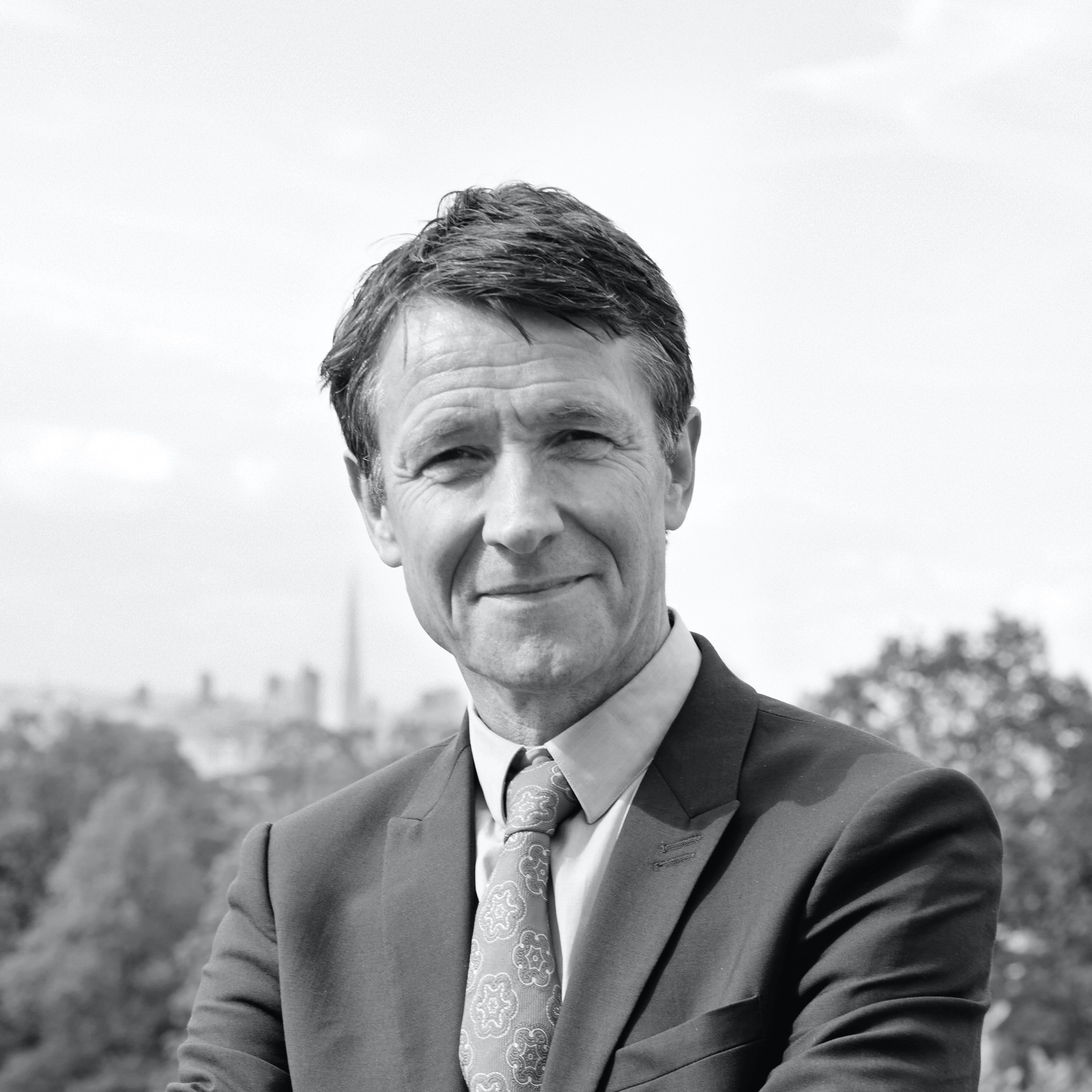 Nick Merriman
Nick Merriman Munira Mirza
Munira Mirza Abigail Morris
Abigail Morris Hugh Muir
Hugh Muir Tessa Murdoch
Tessa Murdoch Sandy Nairne
Sandy Nairne Bushra Nasir
Bushra Nasir Susheila Nasta
Susheila Nasta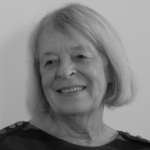 Eithne Nightingale
Eithne Nightingale John O’Farrell
John O’Farrell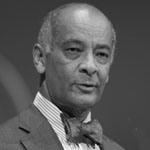 Kenneth Olisa
Kenneth Olisa Kunle Olulode
Kunle Olulode Julia Onslow-Cole
Julia Onslow-Cole John Orna-Ornstein
John Orna-Ornstein Sameer Pabari
Sameer Pabari Ruth Padel
Ruth Padel Panikos Panayi
Panikos Panayi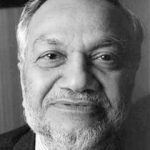 Bhikhu Parekh
Bhikhu Parekh Nikesh Patel
Nikesh Patel David Pearl
David Pearl Caryl Phillips
Caryl Phillips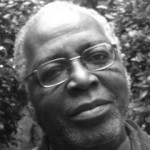 Mike Phillips
Mike Phillips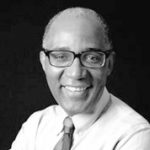 Trevor Phillips
Trevor Phillips Sunand Prasad
Sunand Prasad Kavita Puri
Kavita Puri Charles Rix
Charles Rix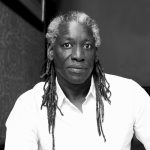 Trevor Robinson
Trevor Robinson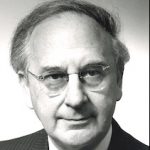 Aubrey Rose
Aubrey Rose Michael Rosen
Michael Rosen Cathy Ross
Cathy Ross Salman Rushdie
Salman Rushdie Jill Rutter
Jill Rutter Philippe Sands
Philippe Sands Sathnam Sanghera
Sathnam Sanghera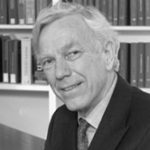 Konrad Schiemann
Konrad Schiemann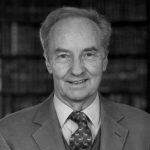 Richard Scott
Richard Scott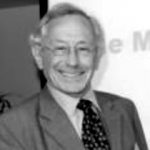 Stephen Sedley
Stephen Sedley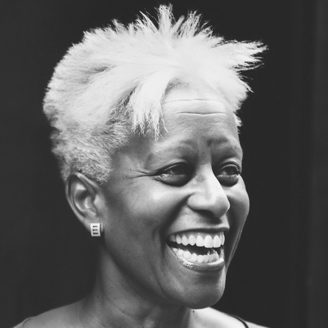 Maggie Semple
Maggie Semple Babita Sharma
Babita Sharma Nikesh Shukla
Nikesh Shukla Jon Snow
Jon Snow Sonia Solicari
Sonia Solicari Robert Soning
Robert Soning David Spence
David Spence Danny Sriskandarajah
Danny Sriskandarajah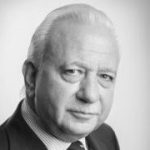 Stelio Stefanou
Stelio Stefanou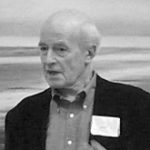 Dick Taverne
Dick Taverne Jane Thompson
Jane Thompson Robert Tombs
Robert Tombs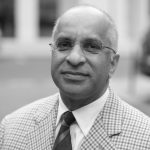 Rumi Verjee
Rumi Verjee Patrick Vernon
Patrick Vernon Edmund de Waal
Edmund de Waal Iqbal Wahhab
Iqbal Wahhab Yasmin Waljee
Yasmin Waljee David Warren
David Warren Iain Watson
Iain Watson Debbie Weekes-Bernard
Debbie Weekes-Bernard Henning Wehn
Henning Wehn Nat Wei
Nat Wei Janet Whitaker
Janet Whitaker Gary Younge
Gary Younge
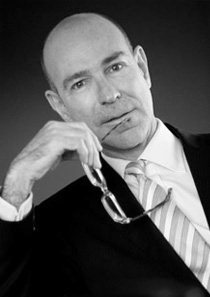
When people think about migration in an abstract, decontextualised way it can appear frightening – even threatening. But when we come to see migrants as people who share our hopes and aspirations, fear recedes and appreciation can grow. The Migration Museum is poised to make a major contribution to this project of contesting false assumptions and opening our collective eyes to the real gifts that migrants bring to their new communities.
James Hathaway
Professor Hathaway, the James E and Sarah A Degan Professor of Law and Director of the Program in Refugee and Asylum Law at the University of Michigan since 1998, is a leading authority on international refugee law whose work is regularly cited by the most senior courts of the common law world. He is also Distinguished Visiting Professor of International Refugee Law at the University of Amsterdam, Professorial Fellow of the University of Melbourne, Senior Visiting Research Associate at Oxford University’s Refugee Studies Programme, and President of the Cuenca Colloquium on International Refugee Law.
From 2008 until 2010 he was on leave from the University of Michigan to serve as the Dean of Law and William Hearn Professor of Law at the University of Melbourne, where he established Australia’s first all-graduate legal education program. He previously held positions as Professor of Law and Associate Dean of the Osgoode Hall Law School, Canada (1984–98), Counsel on Special Legal Assistance for the Disadvantaged to the Government of Canada (1983–4), and Professeur adjoint de droit at the Université de Moncton, Canada (1980–3). He has been appointed a visiting professor at the American University in Cairo, and at the Universities of California, Macerata, Tokyo, and Toronto.
Professor Hathaway’s publications include more than seventy journal articles, a leading treatise on the refugee definition (The Law of Refugee Status, 1991, republished in both Japanese and Russian), an interdisciplinary study of models for refugee law reform (Reconceiving International Refugee Law, 1997) and, most recently, The Rights of Refugees under International Law (2005) – the first comprehensive analysis of the human rights of refugees set by the UN Refugee Convention.
He is Emeritus Counsel on International Protection to the US Committee for Refugees and Immigrants and Founding Patron and Honorary Director of Asylum Access, a non-profit organisation committed to delivering innovative legal aid to refugees in the global South. He also sits on the editorial boards of the Journal of Refugee Studies and the Immigration and Nationality Law Reports and directs the Refugee Caselaw Site (www.refugeecaselaw.org), a website that collects, indexes, and publishes leading judgments on refugee law. He regularly advises and provides training on refugee law to academic, non-governmental, and official audiences around the world.

